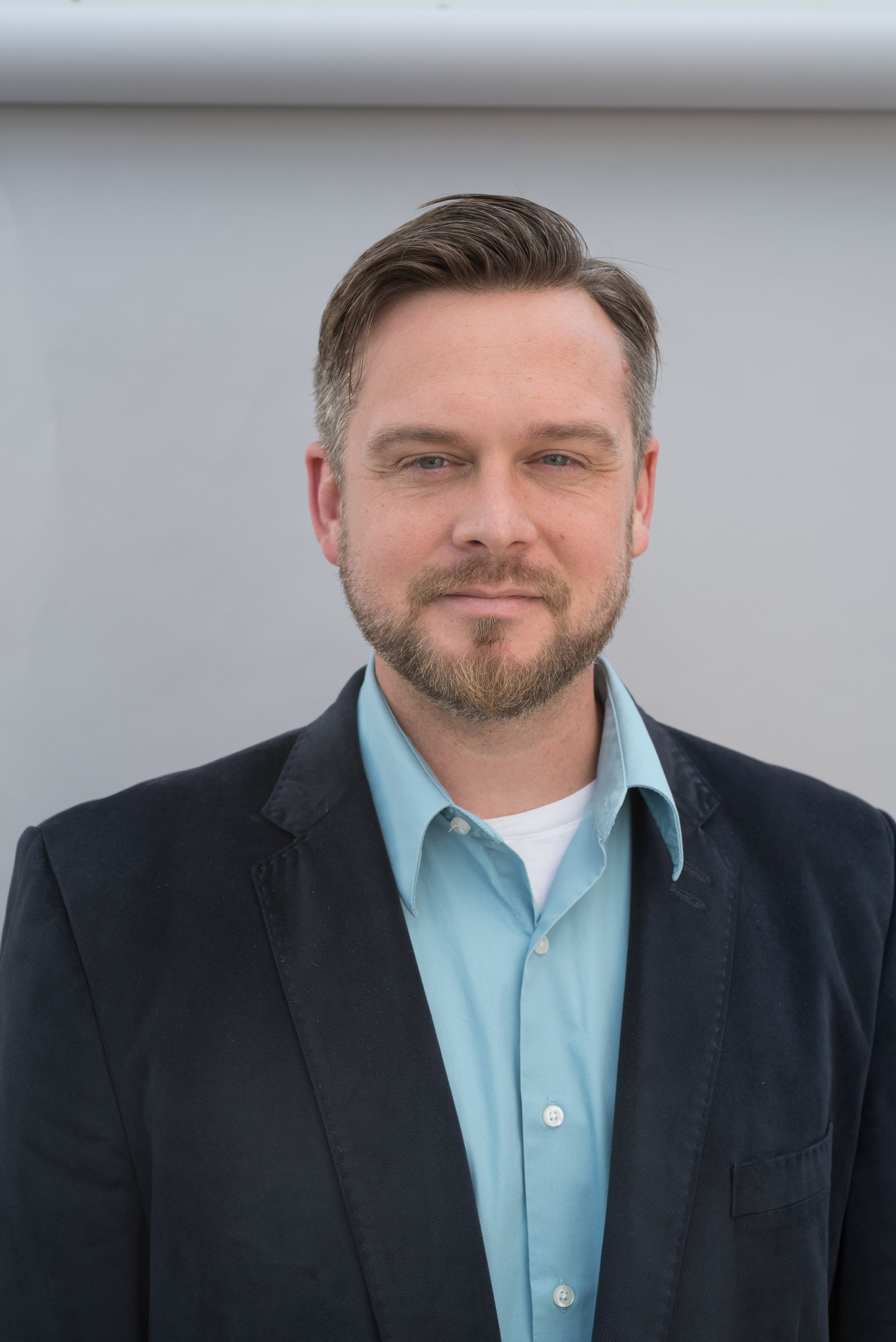By Maha Elgenaidi and Daniel Tutt
FINDING YOURSELF IN THE OTHER
As a Christian who works closely with the Muslim community (Daniel) and a Muslim who was brought back to my own faith by the beauty I found in Judaism and Christianity (Maha), we welcome the upcoming holiday season as a time for rekindling the spirit of interfaith understanding we so desperately need.
Last month, Muslims around the world commemorated the importance of Abraham’s sacrifice in the holiday of Eid al-Adha. Eid opens this year’s holiday season and reminds us of the importance of family, giving gratitude, and spending time with loved ones.
But as we gather this holiday season, we also face the reality of violence and disunity being done in the name of our faiths around the world. From the recent mall attack in Kenya, to the tragic attacks on Christians in Pakistan that claimed the lives of 81 souls, we are shown once again the urgency of interfaith dialogue and interfaith understanding – not just as a spiritual benefit but as a matter of survival.
The cost in human life and the threat to our global civilization are too great to allow either inter- or intra-religious conflict to fester unchecked. That, surely, is motivation enough for anyone to join in the enterprise of building interreligious understanding.
In addition, there is a more personal motivation for what we do. Both of us owe our faith to our experiences outside of our own religion, to the people and the traditions we became familiar with through interfaith work.
Daniel –Working with Muslims Re-Ignited My Faith in Christianity
I came of age socially and politically in the aftermath of 9/11. That event and its vicious aftermath of war and violence abroad and rising prejudice towards Muslims at home, forever seared a negative impression of religion in my mind.
Daniel Tutt talking about the film “Inside Islam”
This is one reason I was drawn to interfaith work. I had serious questions about the religion of Islam, but as a student of the Middle East and international relations, I wanted to learn first-hand about the faith. So I began to work for an interfaith organization that focused on educating the public about Islam and combating Islamophobia.
My work has sent me on the road, working with Muslims from nearly every ethnic and national background. This work has shown me the inside of a faith that contains incredible hospitality, warmth, and generosity.
To my surprise, through this work with Muslims I have re-sparked an interest in my own Christian faith. Muslims showed me a sense of community, faith, and cohesion unlike anything I had ever experienced in Christianity. Interfaith work enabled me to revitalize a connection to the faith I had lost.
Maha – My Experiences of Christianity and Judaism Led Me to Islam
My family is from Egypt, and I spent nearly the first decade of my life in that country. Islam is my family’s heritage – but you would barely have known it from my upbringing. My father was a psychiatrist, and the atmosphere in our household, while culturally Arab, was for the most part secular. We did, however, have Coptic Christian friends and neighbors, and it is to them that I owe the first flowering of my religious sensibilities.
When I was seven, the local Copts experienced apparitions of the Virgin Mary that became a topic of lively discussion throughout Egypt. These stories, recounted and debated both on the news and in my community, were my first religious experiences and encounters to enter my imagination; Jesus and Mary became – and remain – very intimate to me.
The seeds that were planted took some twenty years to germinate. It was the first Gulf War, in 1993, and the accompanying flood of misinformation about and outright denigration of Muslims and Islam, that led me to turn back to my ancestral faith. I started to read the Qur’an, and what drew me most to the book was its affirmation of pluralism. Here was a religious tradition that affirmed the worth of other religions that came before it.
Maha Elgenaidi (middle), founder of Islamic Networks Group, and Michael Pappas (r.), executive director of the San Francisco Interfaith Council, in dialogue with U.S. Attorney General For Civil Rights Tom Perez – Photo: justice.gov
Thus my experiences of Judaism and Christianity and my sharing in the Jewish Shabbat and Christian Eucharist services led me to Islam. Interfaith work is for me not simply a response to the needs of the time; it is the culmination of my spiritual journey.
Our experiences may not be shared by others, but we know from interfaith work that we’ve not only come to a deeper understanding and respect for people of other faiths but also a deeper appreciation of and connection with our own faith.
Here are Some Ways to Get Involved in Interfaith Encounter:
- Check your county’s human relations office for interfaith councils and join them.
- See whether your house of worship has an interfaith program; if not, start one.
- Start your own dialogue group using award-winning PBS documentaries about Islam and Muslims at 20,000 Dialogues.
- If you live in a city that has an Islamic Networks Group affiliate, join their Interfaith Speakers Bureau program.
Violence and the mistrust across religious lines are creating divides that must be breached. Let us start to heal these divisions by sharing our faith stories, by coming together and approaching one another with open minds and open hearts.
An earlier version of this article was published October 17, 2013, in Huffington Post Religion.




